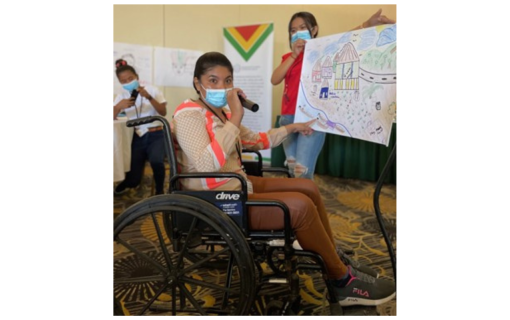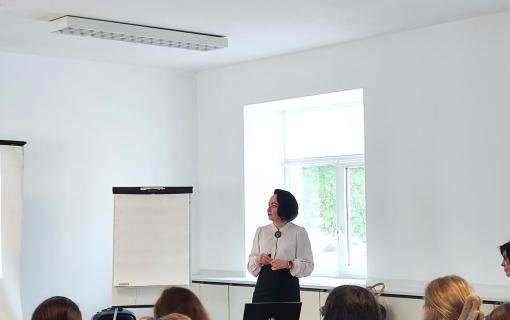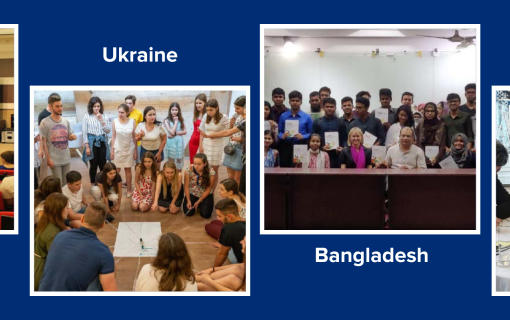Georgia: IFES Technical Election Assistance Project, July 27 - August 3 1992
EXECUTIVE SUMMARY
With parliamentary elections scheduled to take place in Georgia on October 11, 1992, IFES conducted a pre-election technical assessment from July 28-August 3. This assessment included an analysis of the political situation in the country as well as the specific needs of the Central Electoral Commission.
Elections in Georgia were called following the ouster by military force of former President Zviad Gamsakhurdia in January 1992. Since that time Georgia has been administered by an appointed state council. The Chairman of the State Council, Eduard Shevardnadze, former soviet ,Foreign Minister, together with his fellow Presidium members - Tengiz Sigua, former Prime Minister under Gamsakhurdiai Dzhaba Ioselani, leader of the Mkhedrioni (horsemen) and Tengiz Kitovani, leader of the National Guard called for immediate elections.
However that date of the elections, originally foreseen for April or May 1992, was delayed as the leadership found itself faced with problems of unrest in a number of regions of the country, notably in South Ossetia and Abkhazia. As of September 1992, ceasefires are in place in both these regions.
On May 21, 1992 the State Council adopted a new Election Law which provided for elections, under a single transferable system vote (STV) system. However, in the period covered by this report (July 28-August 31), two subsequent amendments of the Election Law took place. The first provided for a change in the election system from STV to a mixed proportional/majority system. This ensured that the parties would have more control over the candidates elected rather than the electorate. The second amendment saw the introduction of a nationwide majority vote for the Chairman of the Parliament. This provided a short-term solution to the distorting effect on the ,election results of Shevaradnadze, with his substantial personal popularity, joining one particular bloc or party.
Despite the substantial political and administrative problems facing Georgia in the period immediately preceding the elections, the IFES delegation was impressed with the effort to solve these 'problems. The majority of the groups and individuals with whom the team met stressed that the only way for Georgia to move forward was to hold elections.
It appears that elections are likely to take place on October 11 in the majority of the territory of Georgia. The exception will be in Abkhazia where elections have been delayed for two weeks, until October 25, to allow the implement ion of the election timetable despite the time lost as a result of the recent violent unrest.
The Central Electoral Commission appears to be well organized and determined that no administrative reasons will delay the elections. The delegation made a couple of minor recommendations concerning the administrative provisions of the Electoral Law. The most important of these is the recommendation to establish permanent electoral commissions, the members of which should not be representatives of any political party. Permanent, independent commissioners would ensure a continuity in the administration of elections in Georgia.
The Georgian Election Law as a whole, notwithstanding reservations concerning the system finally adopted (see section III), is an impressively detailed document which bears witness to the informed work of the drafters and the background work conducted concerning comparative election systems. Unlike many election laws in East and Central Europe it contains language addressing the election timetable, access to the media for political parties and campaign financing. Georgian election officials at all levels need to look no further than the law itself to find every aspect of their duties ·specified.
Finally, the IFES delegation would like to make special mention of the 1mmense hospitality of the Georgians with whom we met. Foremost among those to whom we owe a debt of gratitude is Marina Maisuradze, our gifted and versatile translator who made it possible for the IFES team to gain access to all types of institutions, including the state Council. Special mention should also be made of the members of the Central Election Commission who have accepted Clive Kimber, the IFES on-site project manager, as one of themselves.
Read the Full Report.








